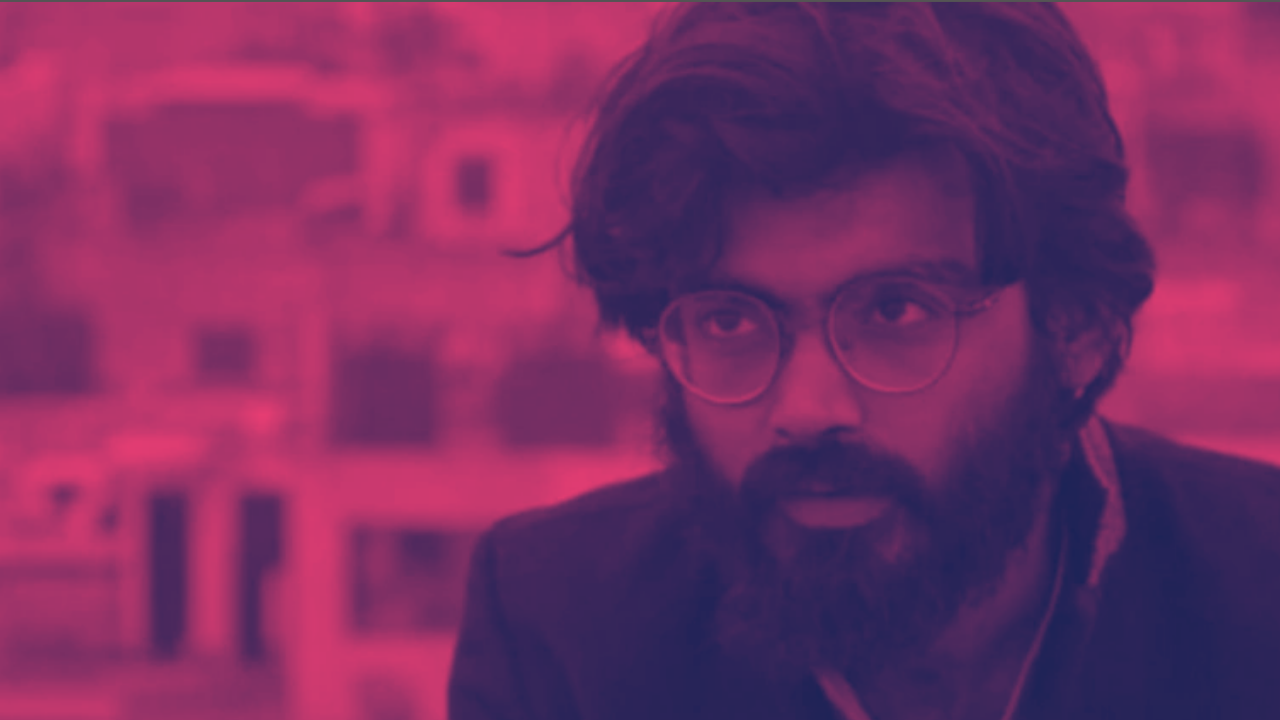JNU student Sharjeel Imam, arrested for allegedly making inflammatory speeches during the protests against CAA and NRC, told a Delhi court on Monday that he cannot be held for sedition for holding a viewpoint that is different from that of the government.
Advocate Tanveer Mir appearing on behalf of Sharjeel Imam submitted in the Court, “There is nothing in Sharjeel’s speech which called for any kind of violence, nothing on record which directly or indirectly called for violence which is a sine qua non of the offence.”
He strongly argued that “fundamentally the right of protest, right to blockage, right to bring the country to a standstill is not equal to the act of Sedition”.
His counsel reclaimed, if criticism dies, society will die.
Giving references from the Judgment in Gurjatinder Pal Singh vs. State of Punjab delivered by the Punjab and Haryana High Court and the Kedar Nath Singh vs. the State of Bihar which was similar cases as of Iman, Mir read the relevant portions from the judgments. All of these references were earlier submitted by him to the Court and prosecution. SPP Amit Prasad however denied receiving any such submission.
To which Advocate Mir read out the referred judgments in the Court.
Advocate Mir pointed out the benchmark judgment of the Court from the reference and put across, “criticism of public measures or comment on Government action, however, strongly worded, would be within reasonable limits and would be consistent with the fundamental right of freedom of speech and expression.”
Based on this Judgment, Sharjeel’s counsel argued, “When Sharjeel Imam says that this piece of legislation is per se unconstitutional, prejudicial to one community in India, and he seeks the government to take back and rethink and says if you don’t do it, we will be on streets. He can’t be hammered with sedition.”
Stating clearly that how much dissent is important in the society to make more inclusive, he put across, “Critical elements in our society are also necessary because, in a society where criticism will die, the society will die. That is why, ultimately, the flag to uphold the constitution in a democracy securely lies in your honours’ hands.”
He also said, “Sharjeel Imam is not a member of any banned organization. He is not stated to be a member of a terrorist gang on the charge sheet. He is only a student. If a call for violence is not there, sedition of sec. 13 of UAPA cannot come into play at least in bail”
However, the Court said, “There is a viewpoint to look at any speech delivered. There is nothing in the law that a particular point should not be allowed. That point is taken, but will it make a difference if the speech is delivered in public, a hall or privately? Will these factors make a difference?
Mir argued, “Courageous men in this country will not be slapped with sedition. This is what our solemn duty is. Sharjeel Imam’s view is not hostile. Government has a plan and they are going to play every trick that they have. It’s nothing personal but all political. He’s not a politician but just a scholar.”
In his counterargument, SPP Amit Prasad told the court, “What their argument hinges upon is whether Sedition and sec. 13 UAPA is made out or not. We can argue both on rebuttal and arguments on charge together because gist remains the same”.
He asked the court to give him time to present the same in the Court.
The Court adjourned for the next hearing on 1st September on the premise that it will have a look at a prima facie case.
Ghazala Ahmad is the Delhi Correspondent for The Cognate.











































